The journalist helps us to discover and understand Middle East, a region that is often talked about, but which is largely unknown to many.
Mikel Ayestaran found himself right in the middle of the Israeli occupation of Lebanon in 2006 by chance and since then he’s worked as a freelancer covering everything that goes on in the Middle East. He has just published Oriente Medio, Oriente Roto (Middle East, Broken East), a book that will help us discover and understand a region that is often talked about, but which is largely unknown to many.
Why did you choose the Middle East? What was attractive for you in the region?
To tell the truth, I had no ties with the Middle East. I think that ever since I started to travel I enjoyed going to that part of the world. I liked Turkey, I liked Lebanon, I liked Iran… I was really interested in specializing in war and post-conflict reporting, and it so happens to be that the hotspot of the times is that area, and will continue like this for quite some time, it seems.
Do you think there’s any solution or way out to the conflicts in the Middle East?
There’s a way out to all conflicts. The question is at what price and in how much time?
Why is it so complex?
It’s important to understand that there are two basic components: nationalism and religion; then there’s a third component, the economic factors, which are all mixed together and are present both at the nationalist political level and the religious level. It is very difficult to reach solutions and political agreements because in each conflict there’s a multitude of agendas and interests at stake. On the other hand, no two countries are the same. The Israel – Palestine conflict is completely different to the conflict in Syria or Iraq. In turn, these are completely different to the conflict between Qatar and Saudi Arabia, or the one between the Saudi and Yemenites. Even if they all share some commonalities, each has it’s own particularities.
In general, in your book you offer an outlook that is not at all optimistic, or very realistic with regards to the realities of these countries. What has the West done wrong and what is being done wrong in these countries?
Obviously, there is an external component, such as the direct effect of the invasions of Afghanistan, Iraq or Libya throughout the region. These operations have some very real consequences that allow pointing at our governments as the culprits. In any case, the whole region is a hotbed that favours the emergence of radical groups.
From the West, I think there’s been some soul-searching on what we’ve done wrong, but in the Middle East there aren’t many countries that have done this. They have to examine what they’ve done wrong that has allowed for such a radical wave to emerge within Islam. It’s always easier to blame others, but some self-criticism is also needed!
Do you believe this self-criticism will happen?
No! We’ve come up against religion, and it’s difficult for religion to be self-critical. I think it’s very complex. The terror we’re experiencing in Europe stems from the jihadist Salafism, the most extreme, and to try and to try and discuss the foundations of this branch of Islam I think is very difficult.
Do you think Europe and the international community in general are taking steps to find a way out of these conflicts?
Today, these conflicts are dealt with by confronting acronyms. First the Taleban, then came Al-Qaida, now the Daesh…I really don’t see a fight against an ideology. Acronyms change but they’re all the same people. There isn’t a comprehensive fight against jihadist-Salafism, which is today’s big threat both for Muslims and for us. We se all sorts of military responses; the USA used the mother of all bombs, but this is no good to confront this type of threats.
Do you think through your work you are doing a social task?
I have many doubts with regards to the role of a journalist. I can defend my work, I do it trying to be as coherent as possible with my way of thinking and I write always thinking about what I’d like to read. In any case, the effect of the power of journalists is overrated and we don’t have as much power as we’d like or some think we have.
Reading your book is a real eye-opener to understand the reasons behind all these realities. At Xarxanet.org we act as a loudspeaker for the voice of the associative and volunteering movements to be heard. Is there an associative movement as we understand it in the Middle East?
Definitely! In countries such as Egypt or Syria I’ve seen people doing some impressive work. I’m referring to a social fabric that is, for instance, linked to the Muslim Brotherhood. They are stepping in for the social services. They’ve been providing nurseries for children, care for the elderly, ensuring medical services, Koranic schools…We must bear in mind that the different revolts (Arab Springs), Tahrir Square would never have stayed full, clean and under control for so many days had there not been an organization behind like the Muslim Brotherhood.
Here, the organizations/associations are in the hands of religious organizations, that have been working for a long time in hiding and that, when it became necessary, came out into the streets. In Gaza, for instance, it has been this way for many years with Hamas. These organizations are nothing like the ones we are used to seeing in Europe, but they do social work, even if this is to keep the population Islamically correct.
If someone were to travel to that part of the world for the first time, where would you advise him or her to go?
Wow! Right now…I wouldn’t know. I think Jordan, with tourism, continues to be a good place, I really like the country and you can see the Arab society living without the pressure you see in the Palestinian territories, for instance. In any case, Jordan isn’t my favourite country. It really saddens me…a few years ago I would have said Syria was one of the most beautiful and quiet countries, without a doubt, or Iraq…
And if someone wanted to go to a work camp or work in a volunteering project?
Jordan and Lebanon are the two countries where there are more projects underway. Especially in relation to Syrian refugees. Right now, however, Since the Syrian conflict has taken on the dimension of a humanitarian crisis, we are forgetting about Gaza or the West Bank, where there continue to be quite a number of organizations. I’ve just returned from Gaza and we must continue going there, whatever may come. There is a huge amount of work to be done and a great injustice we must denounce.
In Palestine, however, we have a problem with humanitarian organizations. I’m hugely in favour of professionalization, but here we’ve moved to a complete gentrification. Aid workers in Gaza are like a caste and volunteering is dead! Sometimes a doctor arrives, but this is an exception. Aid workers are more concerned about which will be their next destination. It’s really disappointing.
What are your next plans?
We’re at a very interesting moment. We are witnessing the fall of the Caliphate, meaning there will be a post-caliphate, and this is what worries me the most. What new face will this group take next? Because it’s obvious they’ll change masks! That is why I’m trying to get good interviews with jihadist-Salafists that will help me understand how they think. In these groups you’ll find from a teenager who gets in a van and ploughs into the crowd like in Barcelona, to true intellectuals. People who are really trying to instil terror through the use of violence against the enemy.
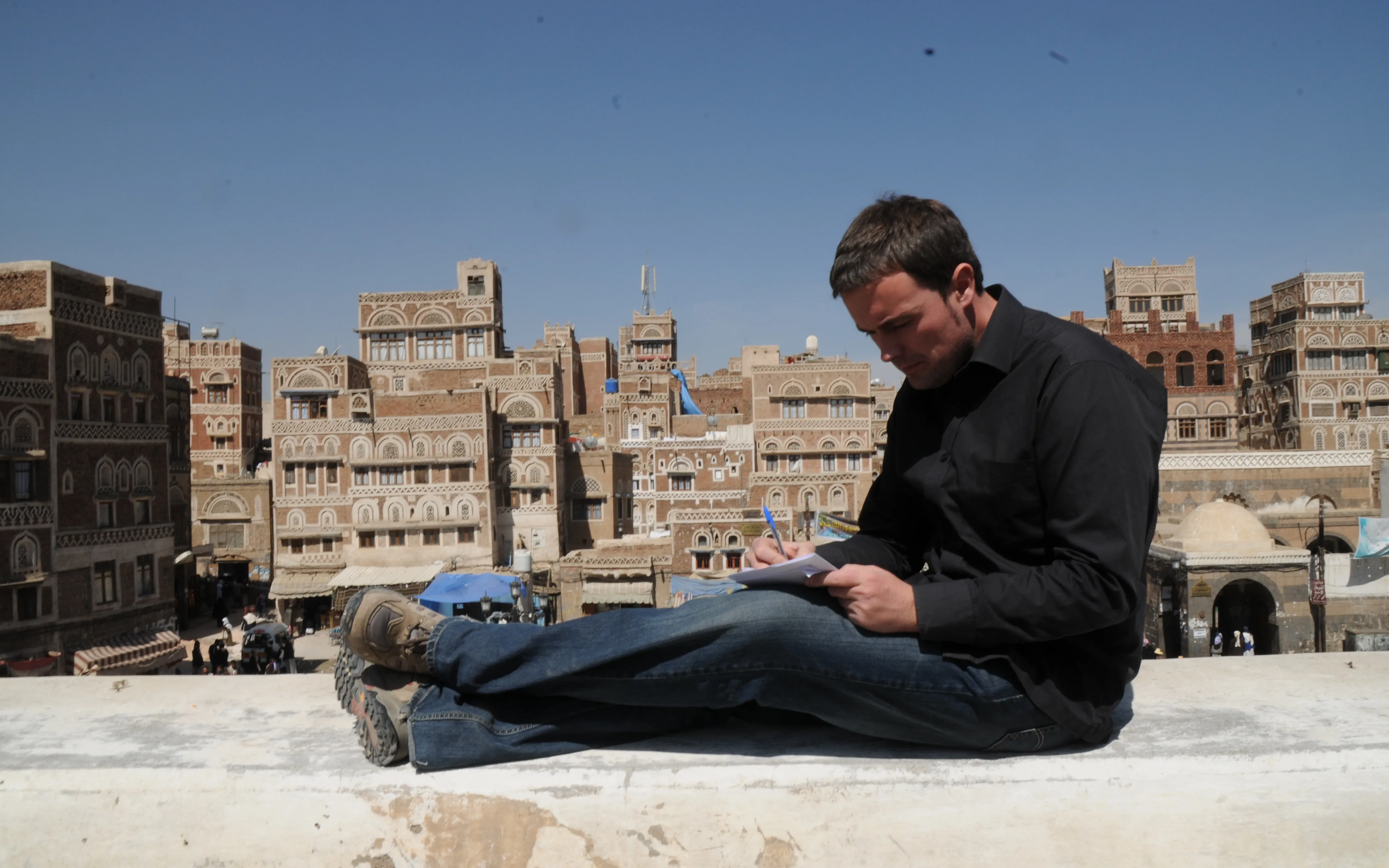
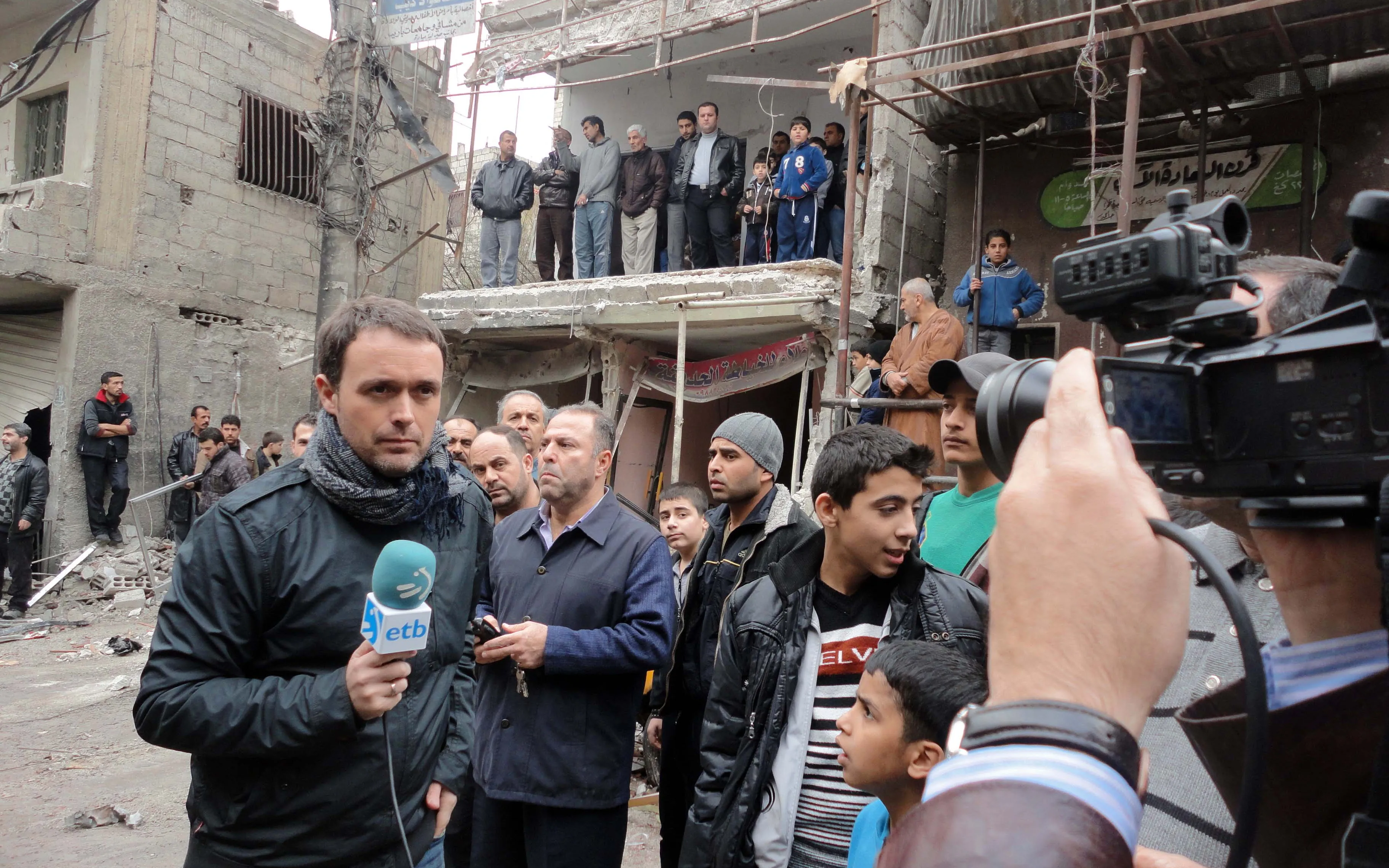
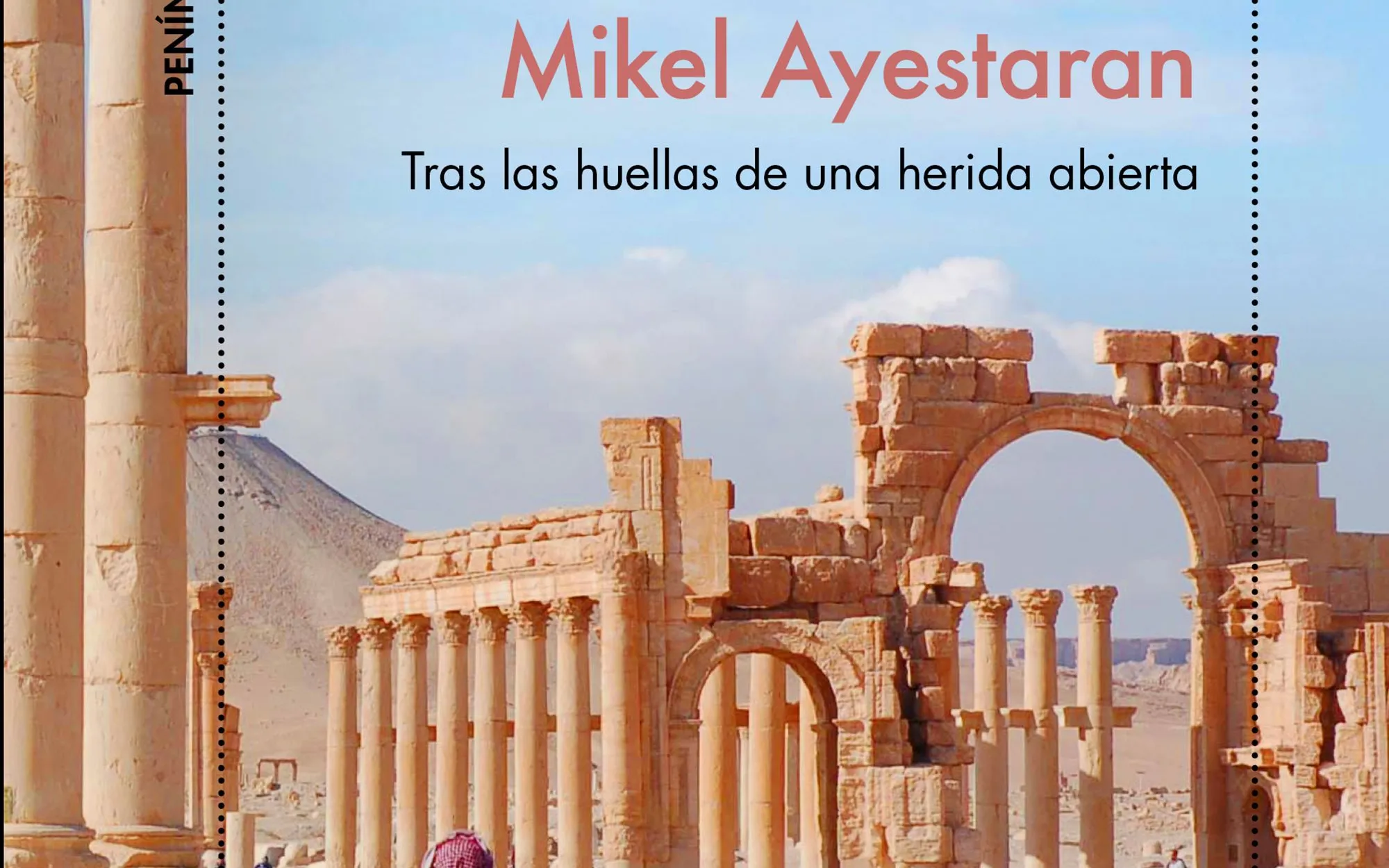
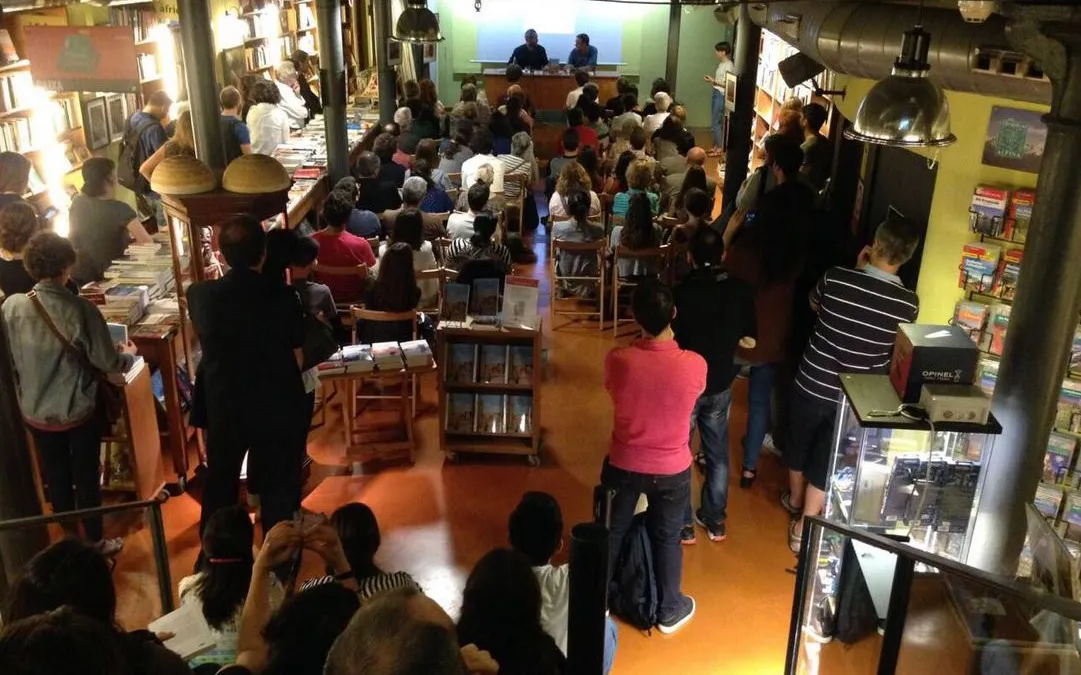

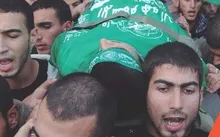



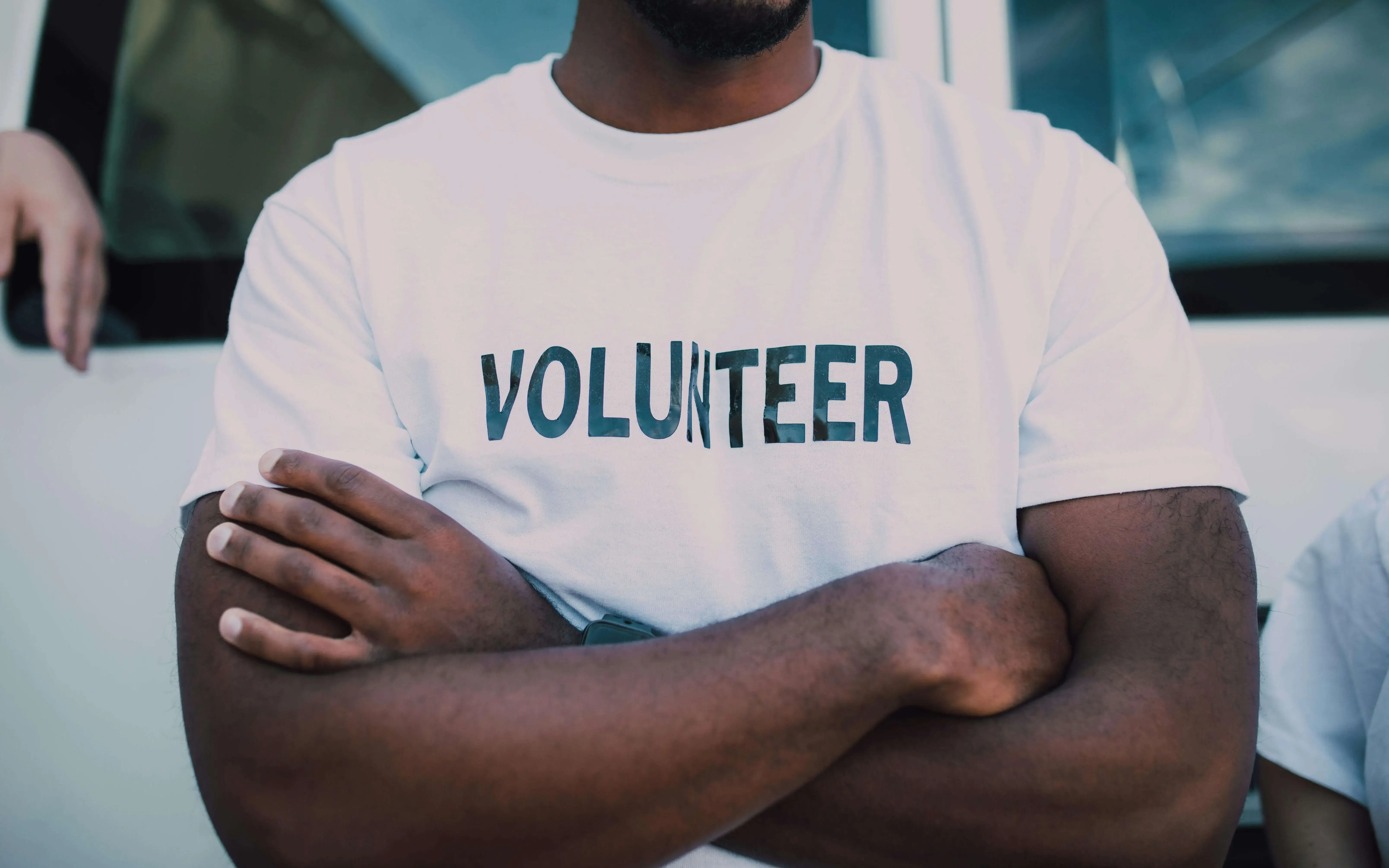
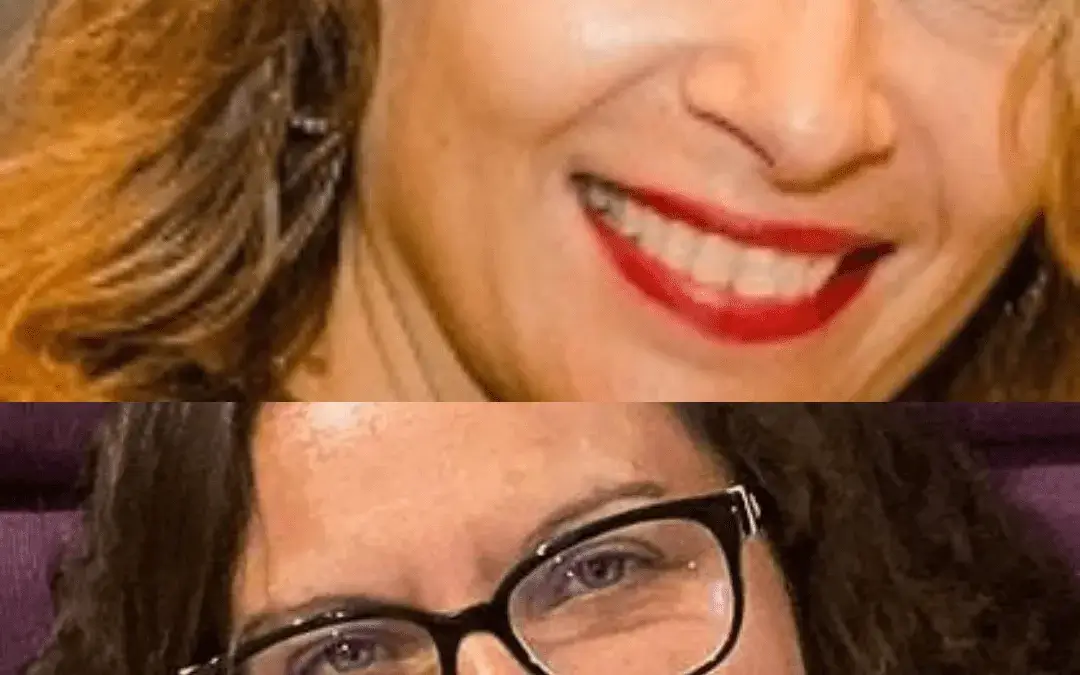
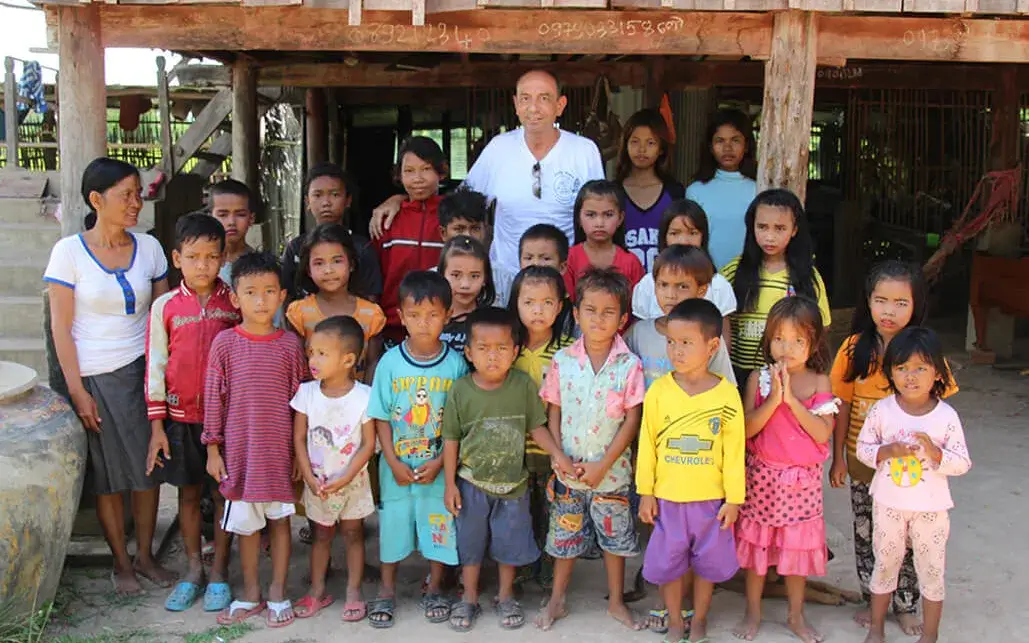
Add new comment